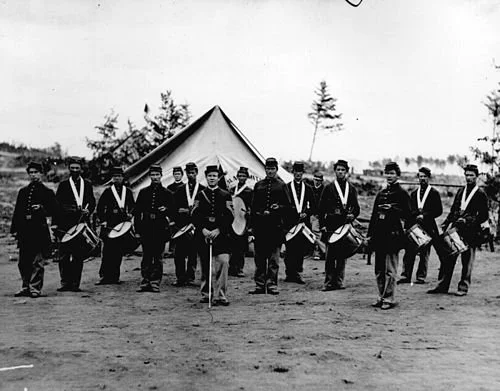
n
Beware the ‘tyrannous word of command’
Fife and drum group in the American Civil War
“The voice of protest, of warning, of appeal is never more needed than when the clamor of fife and drum, echoed by the press and too often by the pulpit, is bidding all men fall in and keep step and obey in silence the tyrannous word of command. Then, more than ever, it is the duty of the good citizen not to be silent.”
— Charles Eliot Norton (1827-1908), New England-based author, social critic and Harvard professor of art.
Good citizens must protest
Fascist allies Benito Mussolini and Adolf Hitler
“The voice of protest, of warning, of appeal is never more needed than when the clamor of fife and drum, echoed by the press and too often by the pulpit, is bidding all men fall in and keep step and obey in silence the tyrannous word of command. Then, more than ever, it is the duty of the good citizen not to be silent.”
— Charles Eliot Norton (1827-1908), author, Harvard art historian and social critic
Rudyard Kipling described him:
“We visited at Boston [my father's] old friend, Charles Eliot Norton of Harvard, whose daughters I had known… in my boyhood and since. They were Brahmins of the Boston Brahmins, living delightfully, but Norton himself, full of forebodings as to the future of his land’s soul, felt the established earth sliding under him, as horses feel coming earth-tremors. ... Norton spoke of Emerson and Wendell Holmes and Longfellow and the Alcotts and other influences of the past as we returned to his library, and he browsed aloud among his books; for he was a scholar among scholars.’’


